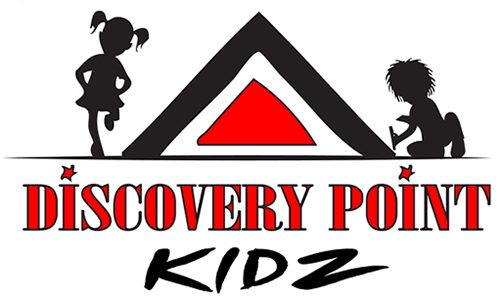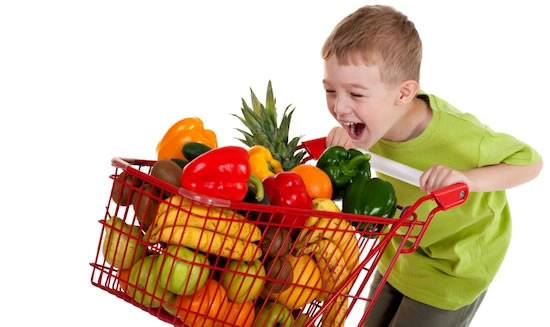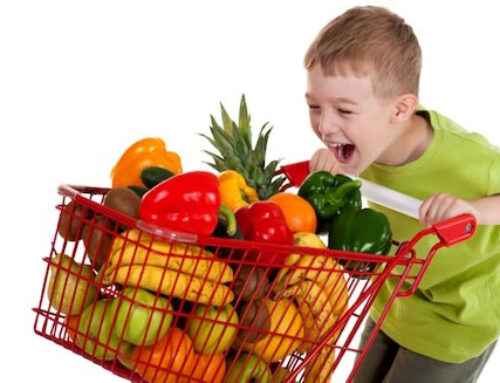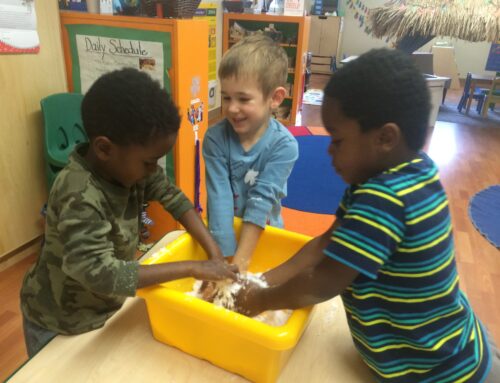Nutrition, Feelings & Exercise!
Everybody has feelings.
It is human nature to have feelings and to react in certain circumstances. It is our job as educators and parents to help our children learn to understand their feelings and how to cope with them.
As an important adult figure it is crucial to acknowledge your child’s feelings and talk through the ways to deal with their feelings. Please remember that feelings are natural, even feelings that we don’t particularly enjoy such as anger, frustration, jealousy, sadness etc. Children should feel comfortable talking about their feelings and getting help dealing with them.
At school, we work on feelings through dramatic play and discussion. Children can symbolize and externalize their feelings about difficult topics such as fighting, death, loss and happiness. Children can practice their “tools” in a make believe world which eventually overlaps into their everyday lives and reality. Pretend play allows children to negotiate and cooperate in real life as well as in a make believe world. The communication developed through this type of play can become very sophisticated and help a child when this pretend circumstance becomes a reality. As a parent you can help by talking your child through a pretend play circumstance and talking about how the “figure” may feel and how the “figure” should deal with their feelings.
Dramatic play involves many layers of communication skills as well as social skills like feelings. Remember to let your kids PLAY it’s an important part of development!
THIS MONTH…
★ Sometimes vs. Anytime foods…
★ My body…
★ Letters; k, l…
★ Emotions and feelings…
★ Friends…
Investing in early childhood nutrition is a surefire strategy. The returns are incredibly high.
-Anne M. Mulcahy




Leave A Comment